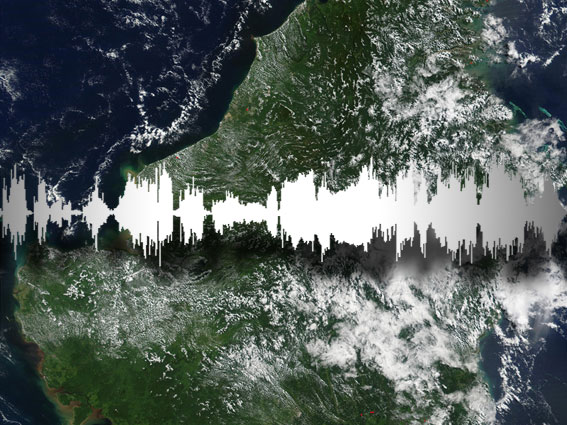|
Article 17
|
|
Article 20
|
|
Article 25
|
Scroll down for language information
Native Name
Bahasa Melayu
Official Language: Malaysia, Singapore, Brunei
Home Speakers: Thailand, Indonesia
Background
It belongs to the Austronesian (Malayo-Polynesian) family, Indonesian group, and is spoken by over 17 million people as first language in Brunei, Indonesia, Malaysia and other nearby areas. It is in general called Malay, but is now known as the Bahasa Indonesia (Indonesian language) in Indonesia, the Bahasa Malaysia (Malaysian language) in Malaysia, or simply the Bahasa Kebangsaan (national language). Malay is said to have developed as a trading language, now called "Pasar Malayu" (Bazaar Malay), used by the people of different ethnic backgrounds. Its oldest record goes back to a 7th century stone inscription written in the Pallava script of southern Indian origin, during the time of Srivijaya Kingdom which had its centre near Palembang on southern Sumatra Island. As the Islamic religion spread from Sumatra to the Malay Peninsula in about 1300 A.D. and to Java and other islands (except Bali) later, the Arabic script (also called Jawi) came to be used. As a result of Dutch and British colonialism, Malay vocabulary and writing system was influenced by these European languages. As Indonesia and Malaysia became independent after World War II, Malay became the national language of these states. An Indonesia-Malaysia accord has since 1972 produced a common writing method, with slight differences in spelling rules. Linguistically speaking, modern Malay is a fairly simple language: there are no definite or indefinite articles, the plural form of a noun is the same as the singular form, or sometimes it is repeated as in "barang-barang" meaning in English "things", verbs are not conjugated according to the present perfect, past or future tense, which is understood by the context of the sentence or by adding such words as "kemarin" (yesterday), "sudah" (already), "besok" (tomorrow), etc.. English words of Malay origin include orangutan, gingham, sarong, bamboo, rattan, kapok, paddy, and amok.
Reprinted from www.unhchr.ch/udhr/